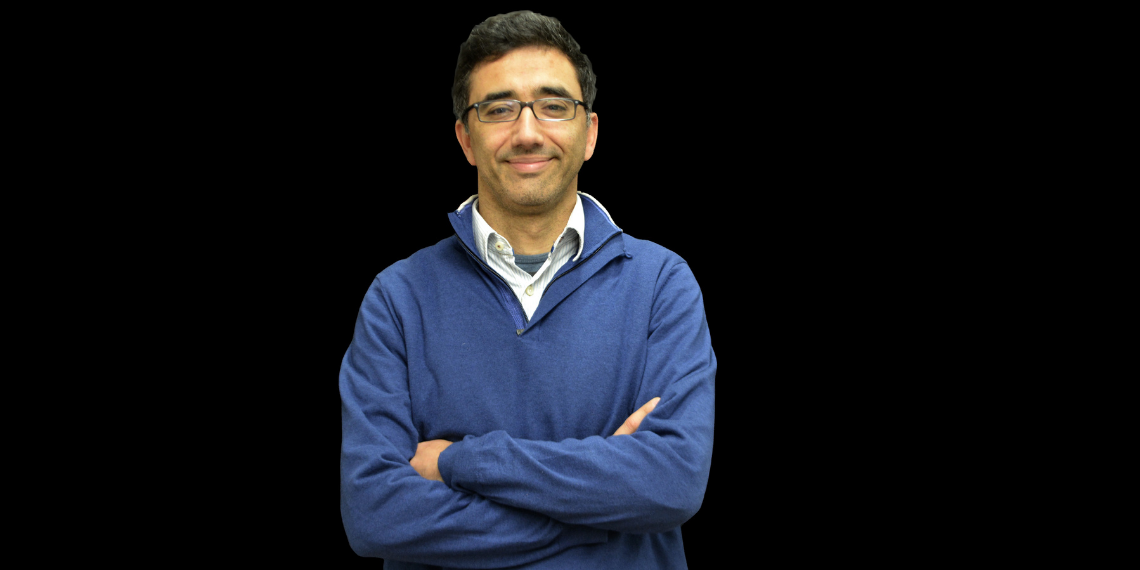Alípio Jorge, coordinator of the National Strategy for Artificial Intelligence, and of INESC TEC’s Artificial Intelligence and Decision Support Laboratory (LIAAD), and director of the Department of Computer Science, at the Faculty of Sciences of the University of Porto (UP-FCUP), participated as a speaker in the “Artificial Intelligence” panel, at a high-level conference organised by the European Defence Agency (EDA) that took place on April 20.
The Minister of National Defence, João Gomes Cravinho, and the chief executive of EDA, Jiří Šedivý, participated in the event, dedicated to the impact of disruptive technologies on Defence. Other experts, representing the Defence sector of the EU Member-States, NATO and European institutions, also participated in the event. This conference focused on discussing emerging technologies such as artificial intelligence, big data, quantum computing, robotics, autonomous systems and biotechnology.
According to Alípio Jorge, “the meeting promoted the debate on new technologies within the scope of European Defence, and their respective influence, as well as on the risks for citizens. Bearing in mind that Defence is going through a worldwide revolution, the objective of this meeting was to position Europe, through a humanistic and ethics-centred vision, in this development, contributing to the convergence of European technological strategies”.
As to the emerging AI disruptive technologies, which could be used in European Security, Defence and Space, the researcher highlights “the challenges in the relationship between people and the autonomous systems, and the importance of keeping humans in the loop, in a position of control”, also referring that “regarding Defence, there is a complex discussion about lethal autonomous weapons and their implications, so the human-machine teams are quite relevant”.
According to him, “AI systems ought to be able to resort to more comprehensive knowledge, explain their decisions and model the environment that surrounds them, since their reactive and learning ability can support ocean monitoring activities, prevent cyber-attacks or disinformation, in an autonomous and adaptive way”.
The EDA conference focused on a recent goal in Europe: strategic autonomy, in particular applied to Defence. Despite being a concept with some potential risks, its proper implementation can be crucial to improve the ability to design, use and maintain technology in Europe.
The INESC TEC researcher mentioned in this news piece is associated with UP-FCUP.




 News, current topics, curiosities and so much more about INESC TEC and its community!
News, current topics, curiosities and so much more about INESC TEC and its community!